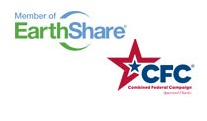Mathematics
Use environmental data and themes to help your students apply mathematics to real-world problems. Assign environmentally-themed math problems, analyze data such as population figures, land use statistics, and pollutant levels, use data to draw inferences about changes in population and natural resource consumption, and have students explain the impacts of their analysis. Use the search function to the right to explore other ways to use environmental data in your classroom.


